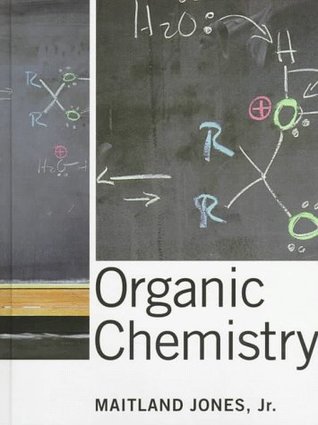By Darren Johnson
Edited by Felicia Reich
Campus News
College is an exciting time to learn and grow. With all these new opportunities comes the ready availability of substances, including use as a social norm, increased academic pressures, a higher degree of freedom than before, and a desire to fit in, all of which contribute to a student’s substance use. It’s important for students to learn about the dangers of drug and alcohol consumption and make a plan for what they’re comfortable with. Overconsumption of alcohol, for instance, can lead to alcohol poisoning, a potentially life threatening condition causing a drop in heart rate and trouble breathing. Without proper education and safety measures in place, a student can easily lose control and develop a harmful addiction or other dangerous symptoms.
College freshmen often misuse and abuse drugs and alcohol. Several factors contribute to this phenomenon, one of which being a lack of supervision.
“It is every university’s duty to enforce the federal laws,” said Pat Cronin, Addiction Specialist with Ark Behavioral Health. Her group strives to reduce the stigma surrounding addiction and other mental health disorders.

Many students never had the chance to try alcohol prior to entering college. Without parents around, the thrill of trying something forbidden can lead students to consuming alcohol at unhealthy rates.
Many Universities have different protocols in place to prevent underage drinking such as room searches and disciplinary actions, but it is up to the student to behave responsibly.
“It’s safest to avoid alcohol altogether. However, once you reach the legal drinking age (21), you can engage in low-risk drinking by planning what you will drink (and how much) before you start drinking, eat a full meal before drinking, know your limits, know exactly what’s in your drink and never leave it unattended.”
Despite a university’s best intentions to prevent underage drinking, it’s unrealistic to think students will completely abstain. If students are going to consume alcohol illegally, they will need to do it safely.
Education is the best effort to prevent against the inherent risks associated with alcohol use. When asked about ways to mitigate the risk of abuse, Cronin insisted. “It all starts at home. It’s very important for parents to have open communication with young adults before they head to college. Have an honest conversation about the dangers of alcohol such as alcohol poisoning.”
Similar to alcohol, the misuse of drugs can lead to severe damages to a young person’s health and life. Whether the student partakes in consumption of alcohol or marijuana. Cronin said, “Every student should be responsible for marijuana and alcohol consumption.”
Drug and alcohol use can easily turn from a recreational habit to a problem. In order to prevent drug and alcohol use from ever causing harm in a student’s life, boundaries are key.
“It’s so important to assess what they are comfortable with. It’s important to choose wisely social mates; and to have open communication with parents and mentors is essential, as well.” In some social circles, the use and often misuse of certain drugs is prevalent and common. What may seem normal to a peer may be unsafe and addictive. Cronin urges parents to check in on students regularly, especially during freshman year.
In addition to the social pressures college freshmen face, academic stressors and the overall weight of balancing a new environment may lead to students relieving their stress with substances. Some students rely on “study drugs,” stimulants like Adderall and Ritalin, to complete assignments, while others ease their tension before bed with sedatives like Xanax. Depending on drugs for regular activities like schoolwork and getting a good night’s sleep almost always leads to an addiction, Cronin warned.
Every college has different resources available to students to learn about responsible consumption and to get help if their habits ever become a problem. College counseling centers and health centers are a great place to go for support, Cronin said.
Additionally, students may utilize community support groups with local chapters.
“There are some support groups where they can seek help and become part of,” Cronin said. “Some support groups have different chapters in every city such as the 12-step program (AA, CA, NA), SMART Recovery, and Secular Organizations for Society.”







Facebook Comments